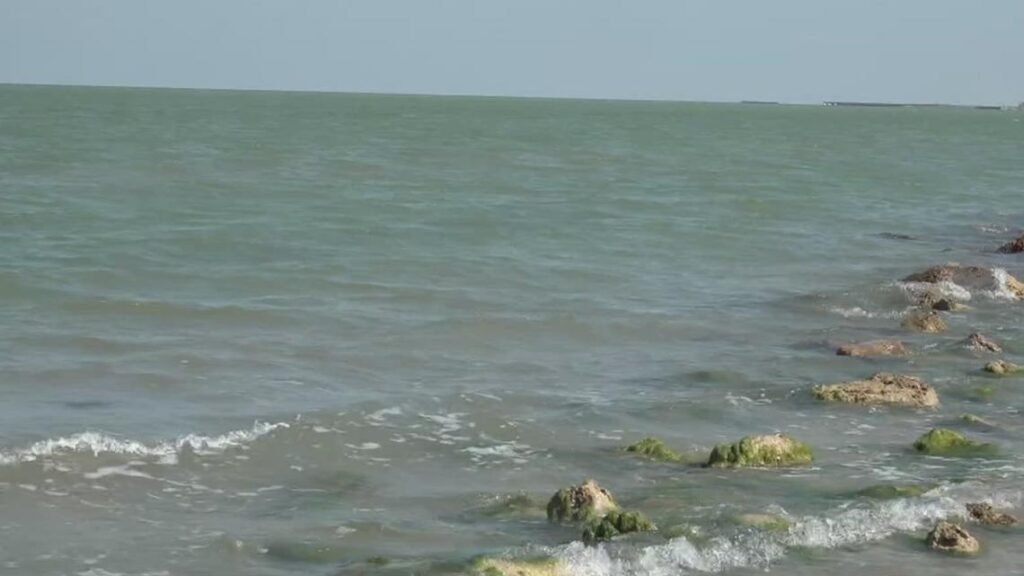TAMU-CC has been selected as a partner for groundbreaking industrial research into ocean energy, or “blue energy,” a hitherto untapped natural energy source.
CORPUS CHRISTI, Texas – Texas A&M University – Corpus Christi has been selected as a partner in groundbreaking industrial research into a previously untapped natural energy source: ocean energy, or blue energy.
GO Blue Center research aims to capture the ocean’s natural energy and convert it into usable electricity. The potential for ocean energy to become a sustainable power source could have major implications in the fight against climate change.
While additional research is being conducted across the country in the Great Lakes and Atlantic Ocean, Dr. Rieder Chen will lead the GO Blue Center effort on the Gulf Coast. He hopes his team will find a way to convert ocean energy into renewable energy.
“The ocean covers 70% of the Earth’s surface. And ocean energy, if we could withdraw it, wave energy alone would be sufficient. It could meet our energy needs,” Dr. Chen said. “And the question is, how can we do that?”
GO Blue Center will focus on harnessing power from waves, tides, ocean currents and offshore wind, leveraging the technologies it develops along the way.
“So one challenge is how do you store energy from an intermittent energy source? “We’re going to study what we’ve seen so far about whether or not this is the case,” Dr. Chen said.
Quinn Hendrick, communications manager for the Coastal Bend Bay and Estuary Program, said she is pleased that local agencies are taking the initiative to make sure this energy is sustainable.
“It’s clear that we need to revisit the alternatives and make sure those alternatives are sustainable,” Hendrick said. “Therefore, there is value in exploring this new ocean energy.”
Dr Chen said saving and utilizing ocean energy could be a big problem for the environment.
“If only we could shift more of the renewable energy sources that are available to us on a daily basis,” he says. “We will reduce carbon emissions and thereby slow climate change. That is the goal we want to achieve.”
Dr. Chen said the study will begin in November and last for five years. If the research is successful by the end of this period, the effort will move on to a second phase.

